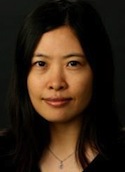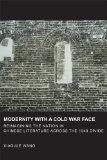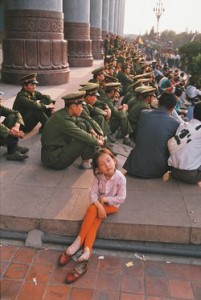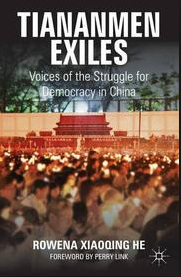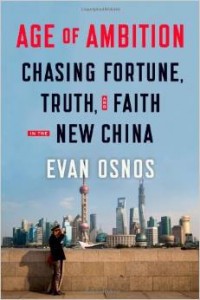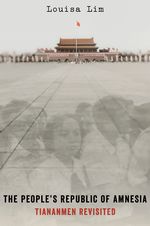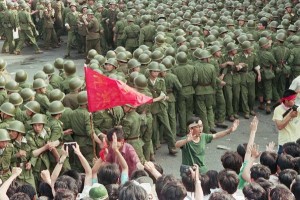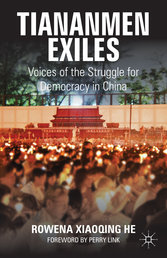By AMY QIN JANUARY 6, 2014, 4:02 AM 17 Comments
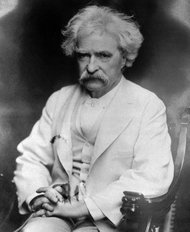
Associated Press
For decades, one of Mark Twain’s satires of American politics was required reading in Chinese schools.
There are few authors regarded as quintessentially American as Mark Twain. With his preternatural gift for capturing vernacular expression and his roguish wit, Twain is still widely seen as the founder of the American voice. More than a century after his death, “The Adventures of Huckleberry Finn,” Twain’s most celebrated work, remains a mainstay of middle school and high school English classes. Ernest Hemingway famously declared it the book from which “all modern American literature comes.”
Twain’s writings have won him literary fame in China as well. Although “Huckleberry Finn,” with more than 90 different translations in Chinese, is a favorite, a large portion of Twain’s popularity in China derives in fact from another, much more obscure work: a short story called “Running for Governor.”
A humorous account of Twain’s fictional candidacy in the 1870 New York gubernatorial election, “Running for Governor” was taught alongside the writings by Mao Zedong and other prominent Chinese thinkers and literary figures in middle schools across China for more than 40 years. In this time, it was read by several generations and millions of Chinese, making Mark Twain one of the best-known foreign writers in China and “Running for Governor” one of his best-known works.
“Just about anyone who has had a middle-school education in China knows Mark Twain and ‘Running for Governor,’ ” Su Wenjing, a comparative literature professor at Fuzhou University, said in a telephone interview. “And everyone remembers the specific cultural moment and social critique represented in the story, this is certain.”
Published in the literary magazine Galaxy just after the New York gubernatorial election in 1870, “Running for Governor” is a satire that takes aim at what Twain saw as the hypocrisy of the American electoral process and the dog-eat-dog nature of party politics. In the brief yet imaginative sketch, Twain finds himself nominated to run for New York governor on an independent ticket, only to be overwhelmed by a slew of false ad hominem attacks from several unnamed accusers.

